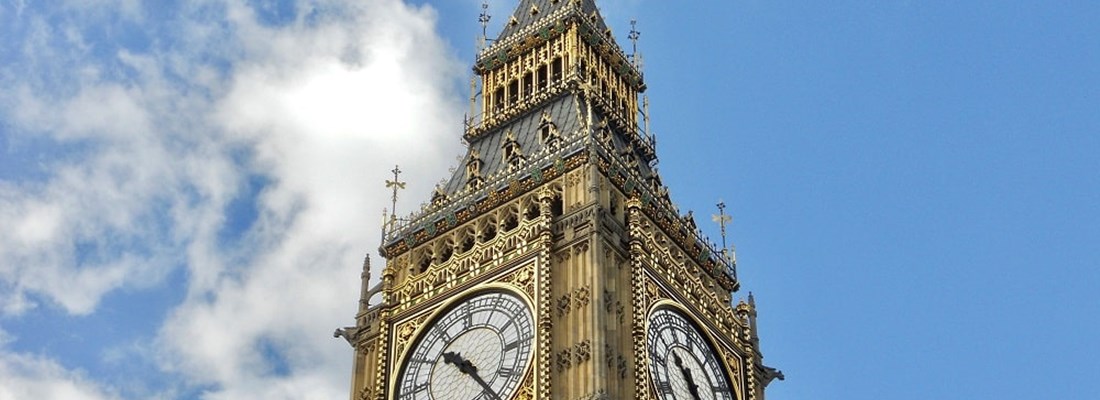What will Jeremy Hunt have up his sleeve at the Spring Budget?

Recent statements from the Chancellor of the Exchequer have made it clear that the Spring Budget will feature some tax-cutting measures. Exactly what Jeremy Hunt will have up his sleeve on 6 March is still unknown, although a number of clues have been dropped and the speculation from interested parties has begun.
Here we take a look at some of the rabbits that Mr Hunt might pull out of his hat at the Spring Budget.
Direction of travel
Jeremy Hunt recently dropped his heaviest hints yet that it will be a tax-cutting Budget.
Speaking at the annual meeting of the World Economic Forum in Davos, the Chancellor said:
In terms of the direction of travel we look around the world and we note that the economies growing faster than us in North America and Asia tend to have lower taxes, and I believe fundamentally that low-tax economies are more dynamic, more competitive and generate more money for public services like the NHS.
That’s the direction of travel we would like to go in but it is too early to say what we are going to do.
Although the direction of travel is now well signposted the exact route remains debatable.
Income tax cut
A potential cut in the rate of income tax was a measure widely trailed ahead of the Autumn Statement although it didn’t happen. It looks a lot more likely now. Previous Conservative Chancellors, including Nigel Lawson and Ken Clarke, have cut the rate of income tax in the run up to an election and Mr Hunt could be about to follow suit.
A cut in basic rate income tax, perhaps from 20% to 19%, would send voters to the polls with more money in their pockets and potentially better disposed to the current government.
Abolishing IHT?
The abolition of inheritance tax (IHT) was another possibility that was extensively mooted in the build up to last year’s Autumn Statement but quietly dropped after it generated a fierce backlash, including from some within the Conservative Party.
Despite criticism that this will favour those who are better off at a time when people continue to struggle through the cost-of-living crisis it remains a popular measure with many Conserative MPs.
Abolishing IHT altogether is just one of the options available to the Chancellor. Mr Hunt could reduce the 40% rate of IHT or look at tweaking the nil rate bands and gifting thresholds have remained untouched for years.
The rapid growth in house prices has meant that many people who may not have expected to be liable for IHT now are. This year, £7.6 billion will be paid in IHT in the UK, but with the same thresholds and rate in place, by the end of the 2028/29 tax year, it’s forecast to be £9.8 billion.
So, increasing the nil rate band from the current £175,000 has the potential to remove many more estates from the IHT net.
Changing course on the CGT threshold
A government keen to appear on the side of investors and entrepreneurs may well rethink plans to reduce the thresholds for capital gains tax (CGT) and the Dividend Allowance.
The CGT exempt amount has already been reduced from £12,300 to £6,000 and is due to be halved again to £3,000 from April 2024. Similarly, the Dividend Allowance has already been cut in half from £2,000 to £1,000 and is set to drop further to £500 from 6 April 2024.
Halting the planned threshold cuts could bolster the government’s growth agenda and drive to encourage investment into UK companies.
Keeping the fuel duty cut
Last year’s report from the Office for Budget Responsibility said that if the Chancellor wants to stay within his own fiscal rules then fuel duty will need to rise in 2024 and the ‘temporary’ 5p cut in fuel duty will need to be reversed.
This could prove a difficult measure politically, particularly as this government has made it clear that it wants to be seen to be on the side of motorists.
Fuel duty has been frozen since 2011 with the 5p cut extended at multiple fiscal events since then. Losing the 5p discount could add around £3.00 to the cost of a tank of fuel and would be a difficult sell to motoring groups.
Spring Budget
The Chancellor will deliver the Spring Budget, alongside a forecast from the independent Office for Budget Responsibility (OBR), on 6 March.
Mercia’s tax experts will be watching and will provide detailed analysis of the day’s announcements. Keep your clients up to date with our range of digital and printed products.




